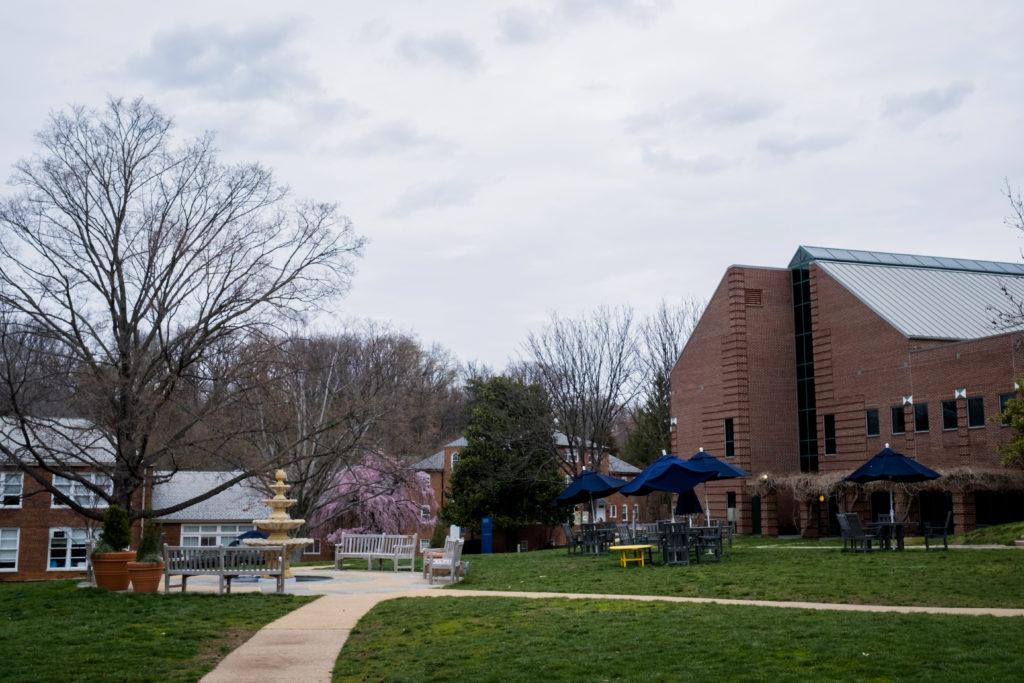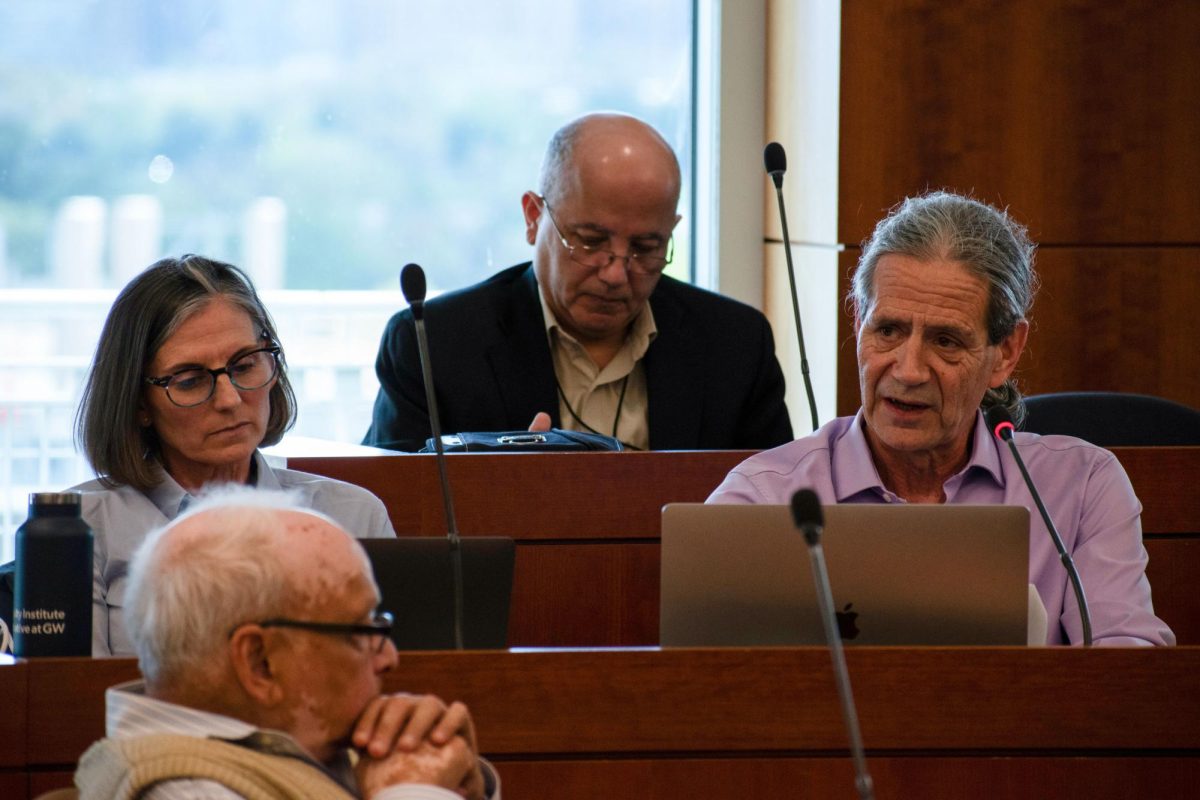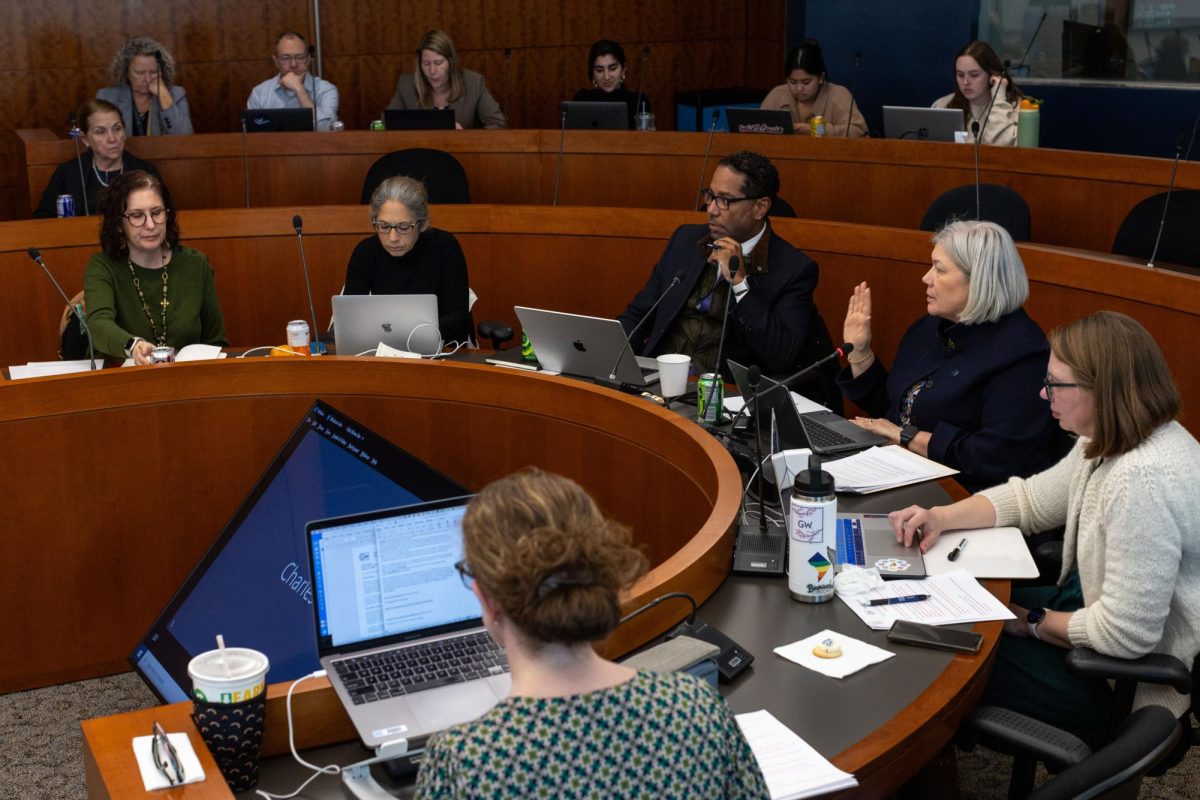The University Honors Program released a report earlier this month outlining the changes that officials made to its curricula and admissions policies in the fall to support diversity efforts.
The report states officials have surveyed freshmen about their experiences with diversity and inclusion in the program, plan to host diversity and inclusion workshops for those involved in the program and are working to create a webpage to publicize the progress of UHP’s diversity and inclusion efforts. Students in the program said they felt the report was a step in the right direction, but they are still waiting to be updated on many of the suggestions they made to the program’s diversity and inclusion committee last year.
Bethany Cobb Kung, the director of UHP and an associate professor of honors and physics, said the program’s diversity and inclusion work is ongoing, and officials expect it to continue “long term.”
Kung said students, faculty and staff have been “highly engaged” in efforts to support diversity and inclusion in UHP by recommending improvements to the program during workshops and at bias trainings. Faculty have been working to update their course syllabi to be more inclusive by adding new material that covers current diversity issues, she said.
“I know that some of the best online reading discussions in my class this fall were focused on readings that I added because of some of the discussions we had over the semester,” she said in an email.
Kung said officials also implemented a new course substitution policy after several students, faculty and staff had indicated an interest in it, but she declined to say how the policy fits in with the program’s efforts to support diversity and inclusion. The policy, which will be implemented as a “trial run” for the next academic year, will allow students to petition to take a course outside of UHP’s offerings that will still count for the program’s requirements, the report states.
“This policy will help to increase the flexibility of the program so that it is easier for all of our students to fully complete the program requirements during their time at GW,” Kung said. “Additionally, this will allow students to take a course on a topic – or with a faculty member – that they are really excited about but which we are not currently able to offer through the program.”
Kung said the diversity and inclusion workshops that officials have held for UHP community members – led by Jordan West, the director of diversity and inclusion education – have helped participants become more comfortable discussing issues of diversity and inclusion and learning the relevant terminology for these issues.
“Following our student workshop this January, we asked students for feedback, and we hope to learn from that survey how the workshop was helpful and how we can make the event even more beneficial in the future,” she said.
She said some of UHP’s work around diversity and inclusion only requires time and effort to examine and change certain procedures. Kung said in the long term, officials support hiring more faculty members to “bring new voices and areas of expertise.”
Students launched the UHP Black, Indigenous People of Color Collective last September to advocate for inclusive policies and a safe space for BIPOC students in the program. The collective was originally part of the program’s diversity and inclusion committee, but some students later resigned, citing a lack of understanding from UHP officials of the work students put into the committee.
Kung said students of the BIPOC collective have remained in contact with officials and raised concerns that she said administrators have incorporated into their short- and long-term goals, like enacting changes to the program’s sophomore admissions process.
“For example, students from the BIPOC Collective have remained in direct communication with Program Manager Brianna Crayton,” Kung said. “They corresponded with her about the details of the UHP sophomore admissions process, provided feedback for improvements to the process and volunteered to speak on student panels at information sessions about sophomore admissions.”
Carolyne Im, a junior majoring in political communication and a member of the BIPOC collective, said the group decided to leave UHP’s diversity and inclusion committee last fall because they felt officials did not take seriously any of the suggestions that the collective offered.
Im said officials have reached out to the collective to “re-engage” with the committee. She said officials are moving in the “right direction” to increase diversity and inclusion, but they are not the necessary “concrete changes” that the collective is looking for.
“Because we know that if we do decide to step into that space again, it will likely be the same thing,” she said. “And so even though they have been making steps in the right direction – I think that’s really great – I think the fundamental relationship between students and admin hasn’t really changed, or if they are working on that, we haven’t seen the effects of that yet.”
She said students in the collective want to ensure officials are implementing “quantifiable measures” to measure the impact of efforts to support diversity and inclusion.
Fryda Cortes, a sophomore majoring in political science and a member of the collective, said she was concerned that officials had not actually implemented the changes in course syllabi, as the report says it does. She said when she attended a bias training for UHP that was largely attended by freshmen, many of them expressed similar concerns that their course materials lacked diversity.
“Although the report may say this is something we’re working on, we still haven’t been able to see those results as first-year students are still complaining about this,” she said.








